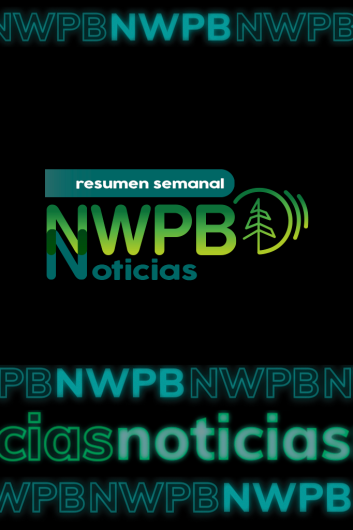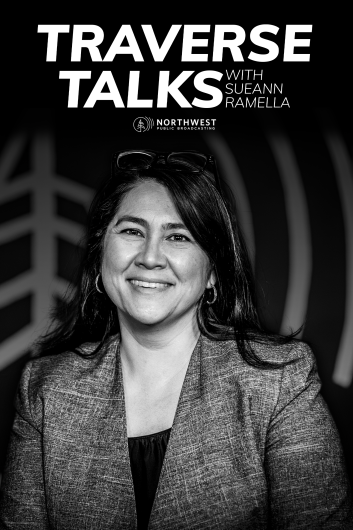News
-
Communities throughout Chelan County are getting more intense weather, following an atmospheric river that caused extensive damage throughout the Northwest last week.
-
Idaho law enforcement officials say they’re worried about how cuts to certain mental health treatment programs will affect their departments.
-
Imagine a small-scale roller coaster but for bikes and skateboards. That’s called a pump track. Kennewick officially opened the first one in the Tri-Cities.
Local Programs
Arts & Culture
Kids
NWPB Events































